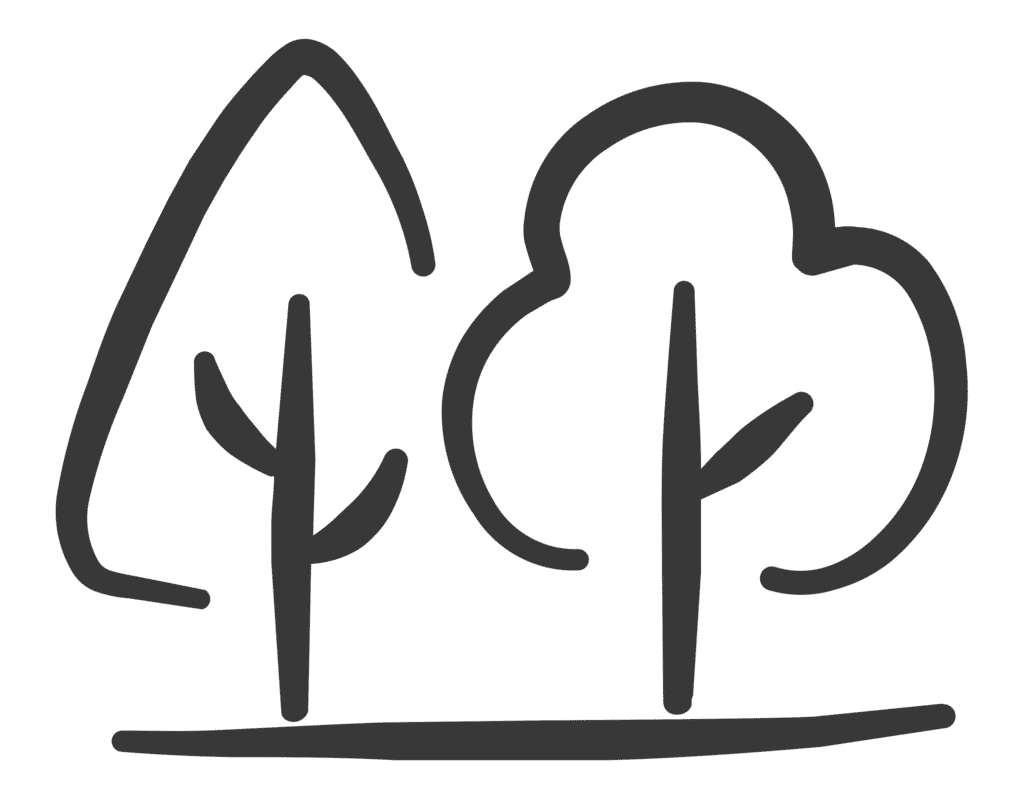Digital Marketing
Green Business and the Triple Bottom Line

In this article you’ll find the following:
- Information on how to reduce staff turnover and increase productivity
- Statistics compiled from leading research to provide insight on (a) worker retention within sustainable firms, (b) patterns of consumption within sustainable goods, (c) attracting millennial and Gen Z workers.
- Information on modern business concepts, including green business and the ‘triple bottom line’.
You can read this post in any order you like, wholly or partially, just as the information is relevant to you. Let’s get started.
Section (a)
Worker Retention within Sustainable Firms:
The foundation of profit is people. So how do you attract people? How do you keep them motivated? In other words, how do you keep your business, and the people that make it, jumping?
1. “53% of the UK’s workforce say sustainability is an important factor in choosing a company to work for (1)”
2. “More sustainable firms are better able to attract and retain [high quality] workers (2)”
3. The productivity of individual workers can differ by as much as 400% (3)”
4. “31% [of survey respondents representative of the UK workforce] felt their employers still viewed sustainability as merely a ‘tick box’ exercise (4)”
If you want to attract, motivate, and retain enthusiastic, productive workers, you’ll need to go green. There are lots of ways to do this: tree-planting schemes, green-space expansion, employee volunteering programmes, cycle-to-work campaigns, recycling, using renewable energy, second-hand hardware, and sustainable web-design. That sounds great, you say, but what about my margins? Paying employees for volunteering, buying up company bicycles, planting trees – this’ll hit my bottom line. Not necessarily.
Section (b)
Changing Patterns of Consumption
Consumers (and potential workers) are changing the way they evaluate businesses, changing the way they perceive their purchase. Information and communication empower the consumer,
reduces the likelihood of market failure. At any given time, the consumer is two clicks and a search from both a decision and the information necessary to make that decision. And consumers,
particularly millennial and Gen Z consumers, are highly likely to value people and planet, likely to expect more from brands than previous generations of consumers, and likely to express this commitment in the most powerful way: in what they consume.
5. “66% of US consumers and 80% of UK consumers say they have stopped using certain products because the company’s response to an issue does not support their personal views (5)”
6. “66% of consumers would spend more on a product if it comes from a sustainable brand, and that jumps to 73% among millennials (6)”
7. “Gen Z will pay 50 per cent more for something sustainably made (7)”
Section (c)
Attracting Millennial and Gen Z workers
We are seeing changing patterns of consumption within the all sectors of the economy, in all corners of the developed world. These patterns run parallel with associated changes within labour patterns. Workers are evaluating the companies they might work for in the same way that they evaluate the companies they buy from. This effect is more pronounced, the younger the generation.
8. “Millennials became the largest generation in the labour force in 2016, and they will make up 75 percent of the global workforce in 2025 (8)”
9. “Three-quarters of Millennials in a survey indicated they consider a company’s social and environmental commitments when deciding where to work, with two-thirds reporting that they will not accept a job if the potential employer doesn’t have a strong corporate responsibility program (9)”
10. “What percentage of people agree that sustainability is important when choosing a company to work for” – 16-24 year olds: 67%, 25-34, 64%, 35-44; 56%, 45-54; 46%, 55+; 40% (10)
This is the moment for businesses to adapt. Gen Z are beginning to enter the workforce, millennials have become the largest generation in the workforce. These means purchasing an increasingly decision power is becoming concentrated in the hands of younger consumers and workers who are more committed to sustainability. As this continues, these new patterns of consumption are likely to become more pronounced. Businesses, as a result, are changing the way they evaluate their success. One such concept, beginning to take hold, is sometimes termed the ‘triple bottom line’ – that is people, planet, profit. Each holding equal weight as objectives in modern commerce. However, this is not a rejection of profit as the main measure of business success – it is not necessarily a pursuit of people and planet at the expense of profit; but rather a recognition. Within new patterns of consumption, modes of user-driven communication, the accessibility of mass information; the way a business is perceived is as much a determinant of profit as, say, fixed cost, pricing, elasticity of demand – perhaps more so.
To attract new environmental-conscious consumers and enthusiastic, productive workers; businesses will need to go green; value people and planet, as well as profit. Thinking of going green with your next website?
Contact Shaun on info@sozodesign.co.uk to discuss how you can work with SOZO to reduce your online carbon footprint with sustainable web-design and green-hosting.
References
- Antithesis Group, https://www.anthesisgroup.com/sustainability-vital-for-employee-attraction/
- Study conducted by Promarket, using data on wages in Sweden; https://www.promarket.org/2021/02/23/millennials-gen-z-lower-wages-sustainable-firms-esg/
- Study by Kelley School of Business, reported by Harvard Business Review; https://hbr.org/2014/11/what-high-performers-want-at-work
- See footnote 1
- FleishmanHillard, https://fleishmanhillard.com/2018/10/navigating-zero-gravity/
- Nielsen’s Global Corporate Sustainability report, https://nielseniq.com/global/en/about-us/ ; re-reported by
Earth.org, https://earth.org/what-is-greenwashing/ - Vogue Business, https://www.voguebusiness.com/sustainability/how-much-more-would-you-pay-for-a-sustainable-t-shirt
- Data from Pew Research and Brookings, reported by BSR, https://www.bsr.org/en/our-insights/blog-view/millennials-generation-z-future-of-sustainable-business
- LiveCareer,https://www.livecareer.com/wp-content/uploads/2018/05/2018-Job-Hopping-Report.pdf, pp. 30
- See footnote 1
Looking for a digital agency to become your long-term partner to help your business succeed online?
Well say hello then!

